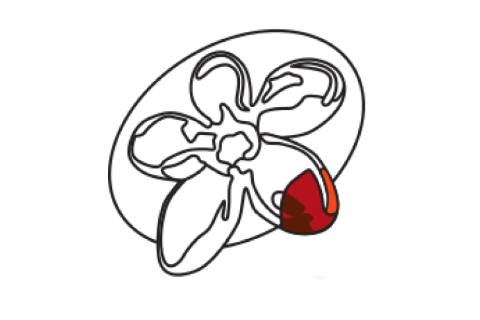
Dr. Felix Loosli
Karlsruhe Institute of Technology Institute of Toxicology and Genetics
- 13:00
- Monash University, Clayton Campus, Seminar Room - Level 3/ 15 Innovation Walk
- Australian Regenerative Medicine Institute
Abstract
Individuals of a natural population share the same set of genes. However, the polymorphic nature of the gene pool results in genetic individuality with variation in many key phenotypic traits. Statistical approaches, such as genome wide association studies (GWAS) are applied to unravel these complex genetic traits. This requires large numbers of individuals to achieve meaningful statistics and eventually functional tests to prove causality. It is therefore important to establish suitable model systems. We have used medaka fish (Oryzias latipes), an economical, fecund vertebrate with a high tolerance to inbreeding to establish a panel of more than a hundred inbred lines from a wild population. By that we have captured and fixed a large diversity of wild genotypes as near isogenic lines. We will use this panel for GWAS to study the underlying genetics of a select number of complex traits. To this aim we are now establishing assays to screen these lines for phenotypic variation. These assays are designed to measure quantitative differences of a given trait, to allow genome wide association studies with the ultimate aim to identify causative QTLs. I will discuss examples of how we assay specific traits relating to organ development and function, as well as behaviour.
Bio
Felix Loosli works in the field of genetics and did his post-doctoral training in EMBL with Jochen Wittbrodt. Felix performed the first mutagenesis screen using the Medaka fish model and worked on different aspects of embryonic development and in particular eye and brain development. Felix work has resulted seminal publications in leading s journals such as Science and Genes & Development. Currently, Felix is running a project focused on creating a large-scale library of inbred Medaka strains at the Karlsruhe Institute of Technology, Institute of Toxicology and Genetics, Germany.
Dr Felix Loosli Flyer (PDF)
